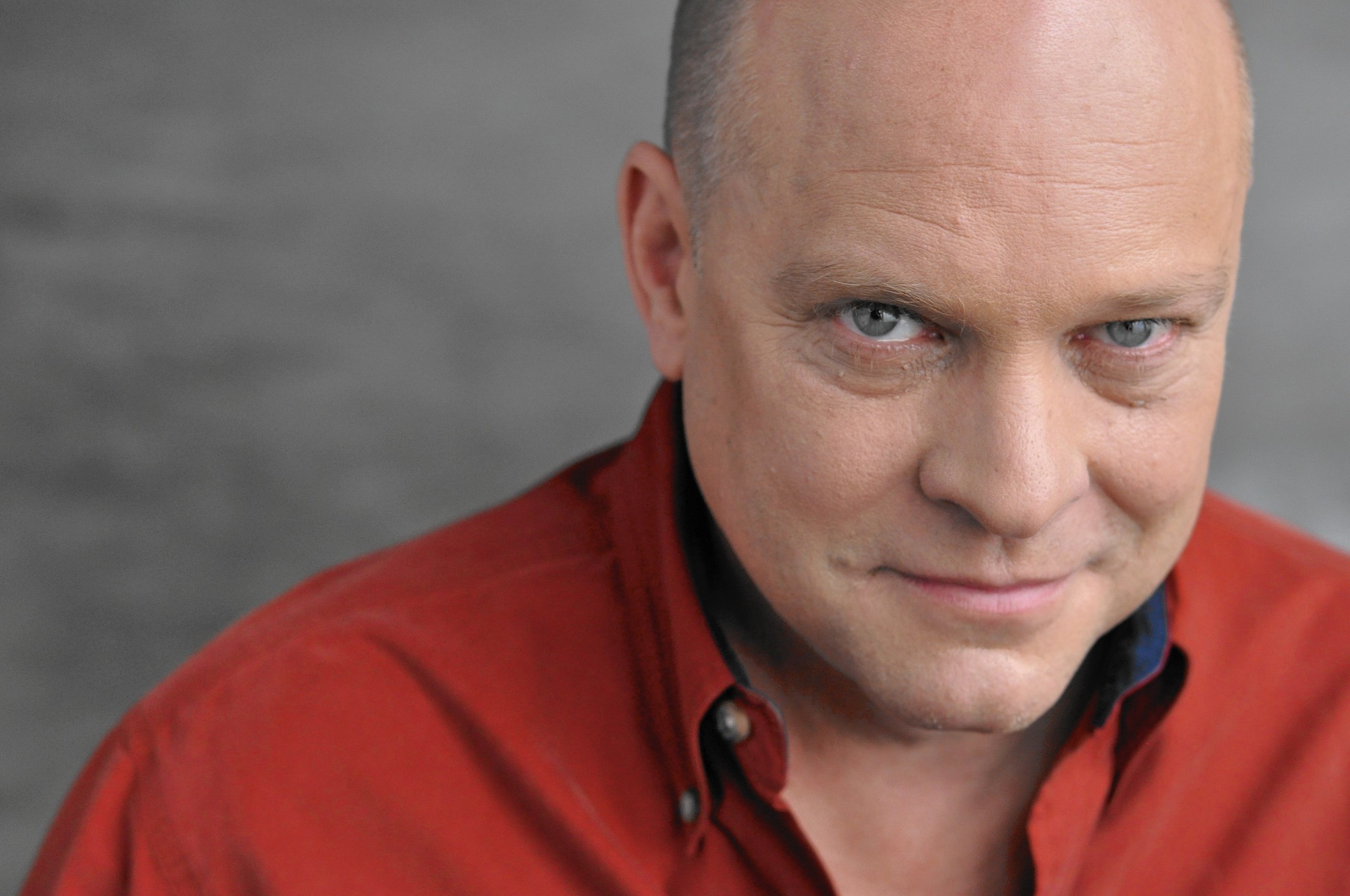So you’ve decided that you want to make the leap. You’re going to give up your 9-5 day job and pursue your acting career full time so that you can focus on doing what you love and what you were born to do. Before you make the crucial step of leaving your full-time employment, we at ASC want to make sure you’ve considered all the necessary steps to becoming a full time, working actor. In this 2 part series, we’ll tackle some of the topics to think about before you head out on this amazing and challenging journey!

Before you decide to leave your full-time job, begin by asking yourself a few important questions:
1. What does success as a working actor look like for you?
If you don’t know what success looks like, how will you know when you have achieved it? Be honest with yourself and decide exactly what you want to see come to fruition in the next five years. Then pick up a copy of Jane Brody’s book: The Actor’s Business Plan; the book will help you create a specific plan to implement. The plan will not just be in your head, but on paper on a chart that you can follow.
What’s preventing you from moving forward? Take a long, hard look at your fears and hesitations and face them head-on. What’s the absolute worst that can happen? Do you have a long-term vision of what you want out of your work and your life? There are all sorts of motivational materials on making this big leap. Here are just a few to start with.
2. Financial Preparation: What’s My Budget?

One of your first considerations is always going to be financial. You have to meet your obligations without working a full-time job.
Come to terms with what you need to survive. When you are completely honest about your finances, you don’t have to guess when you will run low on funds. You will know.
Start by setting up a basic budget. How much do you need to pay your rent, your utilities and to eat? What are your medical expenditures and your petty cash needs? What is the basic amount of money you need on a monthly basis to keep up your standard of living? Make a list of everything you’re responsible for each month and realize that you need to bring in at least that much and more each month to succeed. There are plenty of budgeting apps that can help you keep track of your expenditures and finances. Here are a few we suggest:
 Mint:Personal Finance & Money
Mint:Personal Finance & Money
- Mint is part of a suite of financial tools that includes TurboTax®, QuickBooks®, QuickBooks Self-Employed™ and ProConnect™. Wherever you are in life, whatever you do, Intuit can help you save money and simplify the business of life.
 PocketGuard: Money & Budgeting
PocketGuard: Money & Budgeting
- Track the cash you spend or receive
- Plan for bills you pay in cash
- Know how much cash is in your pocket
If you find that using an app isn’t the easiest for you, then using a good old-fashioned spreadsheet can also be incredibly helpful and informative in regards to your budgeting and spending.
If your budget tells you that you need $40,000 per year to live, then know that you need to be making a good percentage of that amount from acting before you consider quitting your day job.
3. How much money do I need to set aside as a cushion?
You’re going to need to set aside money for emergencies and taxes. Being self-employed means paying your own taxes each quarter and you’re going to have to budget for it. On top of saving about 30% for your taxes, try to tack on another 20% for cash flow insurance. It’s a good idea to have someone that can help you with your taxes because as an independent contractor, they can be tricky.

David Turrentine is an excellent tax specialist who is a resource for many actors and independent artists in the Chicago area. David has a really fantastic blog where he provides 3 important tax tips for performers and actors. Take a look at it here.
The only thing that will afford you the freedom to continue pursuing a career in “the biz” is living a financially viable lifestyle. That means keeping expenses low and having diverse sources of income that consistently keep you above what I like to call “the make or break number”- the minimum amount of money you need to survive each month plus a small buffer, emergency fund savings, and retirement contributions.
Don’t quit it until acting is bringing in similar or more money than your day job and is giving you a lifestyle you are enjoying living. Until that time comes, keep it flexible.
4. Am I ready to fully commit to myself?
Last but not least, there’s only one person in this goal-setting process to become a working actor that matters. You. You’re the one who has to put in the work. Commit to yourself and then re-commit yourself each time you fall (because that definitely happens along the way).
 Our instructor, Esteban Andres Cruz has some words of advice for those of you who are considering the jump to being a full-time, working actor.
Our instructor, Esteban Andres Cruz has some words of advice for those of you who are considering the jump to being a full-time, working actor.
“When you do make the commitment it’s not that you won’t ever work a day job. I don’t know ANY actor who doesn’t have a side hustle, whether that is teaching or standardized patient testing or even some folks look at commercials as a side dish to acting. It’s all the same to me. The one thing is accountability. You have to know what your core values are and what you will tolerate and what you can’t. I waited tables for most of my adult life. At one point I said I would never do it again. It was a vow. I never have gone back. The thing that kept me moving forward was the second part of that vow. It’s only half an effort to say what you won’t do.
For the things that lay in your future: write them down. Make a clear and specific set of goals for yourself, both short term and long term. Decide what kind of art you want to make. What is your dream? What is your focus? Most actors, even those who work steadily, haven’t tapped into their voice or vision. You have both. We all spend so much time imagining failure and living out of fear. Here’s how to make dreams a practical, livable reality. 1) Write down the things you want. What you want to do. Your vision for your career. 2) Share it with others. Speak your vision. Share it with those who not only support you but will hold you accountable. 3) It all begins in your heart. Say it to the universe. The writing and speaking are an activation of this basic premise: sing it in your heart to the heavens/god/goddess/universe/


